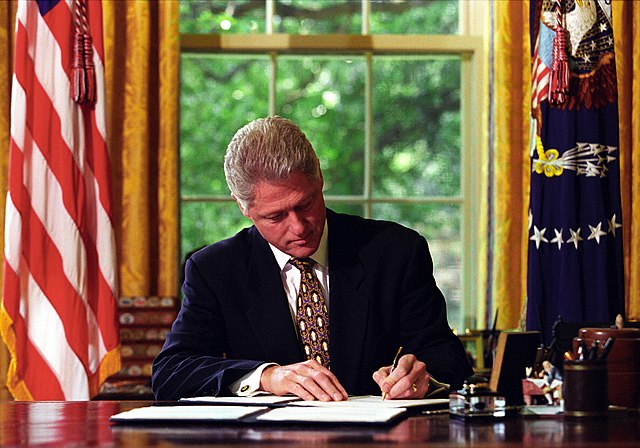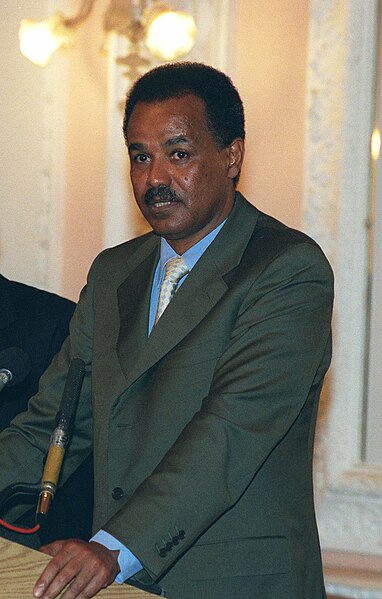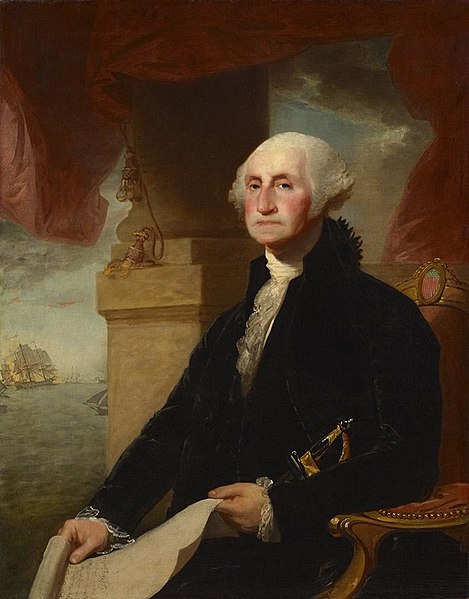A veto is a legal power to unilaterally stop an official action. In the most typical case, a president or monarch vetoes a bill to stop it from becoming law. In many countries, veto powers are established in the country's constitution. Veto powers are also found at other levels of government, such as in state, provincial or local government, and in international bodies.
US President Ronald Reagan signing a veto of a bill.
Tiberius Gracchus, Roman tribune
William III of England granting royal assent to the Toleration Act 1688.
US President Bill Clinton signing cancellation letters related to his line-Item vetoes for the Balanced Budget Act of 1997.
President (government title)
President is a common title for the head of state in most republics. The president of a state is, generally speaking, the head of the government and the fundamental leader of the country or the ceremonial head of state.
Five American Presidents in the White House in 2009
President Isaias Afwerki of the State of Eritrea giving a press briefing in the capital Asmara, 2002
George Washington, the first president of the United States
Presidents Barack Obama of the United States and Dilma Rousseff of Brazil








